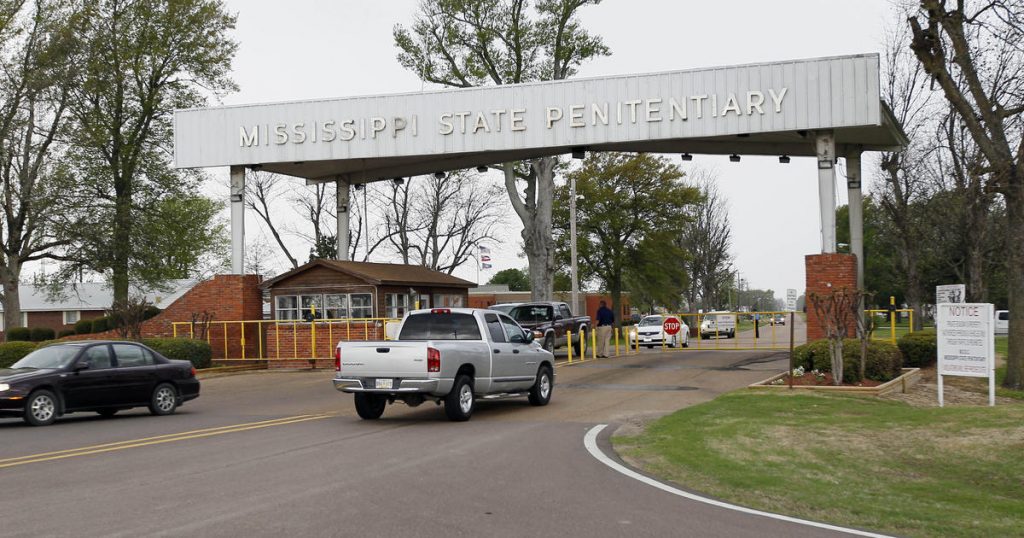
Margo Georgiadis
Patrick T. Fallon | Bloomberg | Getty Images
Ancestry, the largest seller of at-home DNA tests for health and genealogy reports, is laying off about 100 people, approximately 6% of its total workforce. The cuts hit employees across the board, rather than focusing on a specific department, and included workers at all levels. The layoffs affected both its Utah and California offices.
Ancestry confirmed the layoffs and shared a copy of a blog post written by CEO and President Margo Georgiadis that will publish on Wednesday.
The post cites “a slowdown in demand across the entire DNA category” now that “most early adopters have entered the category.”
In the post, the company stressed that it is making a long-term commitment to the health-care side of its business, called Ancestry Health. A company spokesperson noted that the layoffs did not affect that group. Later this year, it plans to roll out a next-generation sequencing product to its customers to provide them with more detailed information about their potential health risks, the company previously announced.
“Future growth will require a continued focus on building consumer trust and innovative new offerings that deliver even greater value to people,” Georgiadis wrote.
A spokesperson said these decisions were “not made lightly and were incredibly difficult.”
“It’s a tough day.”
The news comes several weeks after 23andMe, the second-largest company in the space, laid off 14% of its staff — about 100 people — because sales of its tests were lower than expected. 23andMe CEO Anne Wojcicki said at the time the company did not know exactly why fewer people were purchasing their tests but cited a number of potential explanations, including privacy.
It’s not just consumer DNA testing companies feeling the impact. Francis deSouza, chief executive of Illumina, maker of DNA sequencing machines, noted in its earnings call last summer that the entire segment was down. DeSouza said his company is taking a “cautious view” of the market for ancestry and health tests.
One of the biggest potential factors is privacy. Consumers are increasingly concerned that their DNA might end up in the wrong hands or be used in unexpected ways after the 2018 arrest of a suspect in the decades-old Golden State Killer case. A distant relative had shared their genetic information through a free online database where anyone who got their DNA tested through a company like Ancestry could upload it. Criminal investigations found a close match with DNA at the scene, showing how DNA data, unlike other kinds of data, is unique because it’s linked to and potentially exposes information about family members.
Ancestry is a veteran of the relatively new consumer DNA testing space and traded on the Nasdaq from 2009 through 2012, when it was taken private through a $1.6 billion buyout by European private equity firm Permira.
Here’s a copy of Georgiadis’ blog post:
For more than three decades, Ancestry has helped millions of people learn more about themselves by connecting them to their past so they can gain meaningful insights to impact their future. Our relentless focus on serving our customers has enabled us to sustain innovation and market leadership in both Family History and Consumer Genomics. Tens of millions of people have chosen Ancestry as the place to discover, preserve and share their story.
DNA continues to be an important way for millions of people to start their family history journey. About 30 million people worldwide have already started a DNA journey, including over 16 million with Ancestry, seeking to learn more about themselves and make meaningful new connections. And we’re just starting to see the full potential for how genetics impacts health. We’re only at the beginning of all that’s possible.
At the same time, over the last 18 months, we have seen a slowdown in consumer demand across the entire DNA category. The DNA market is at an inflection point now that most early adopters have entered the category. Future growth will require a continued focus on building consumer trust and innovative new offerings that deliver even greater value to people. Ancestry is well positioned to lead that innovation to inspire additional discoveries in both Family History and Health.
Today we made targeted changes to better position our business to these marketplace realities. These are difficult decisions and impact 6 percent of our workforce. Any changes that affect our people are made with the utmost care. We’ve done so in service to sharpening our focus and investment on our core Family History business and the long-term opportunity with AncestryHealth™.
Looking ahead, interest in Family History remains strong and we’re continuing to grow and invest in breakthrough solutions to help people understand their heritage and put people on the path to improved health and wellness. We’re equally committed to building a brand consumers trust, helping lead the industry with best-in-class data stewardship principles and a commitment to trust and transparency, including our annual Transparency Report.
Our team at Ancestry has maintained our leadership position for decades through game-changing product improvements and compelling storytelling and we remain focused on continually innovating to deliver even greater value to those we serve.

